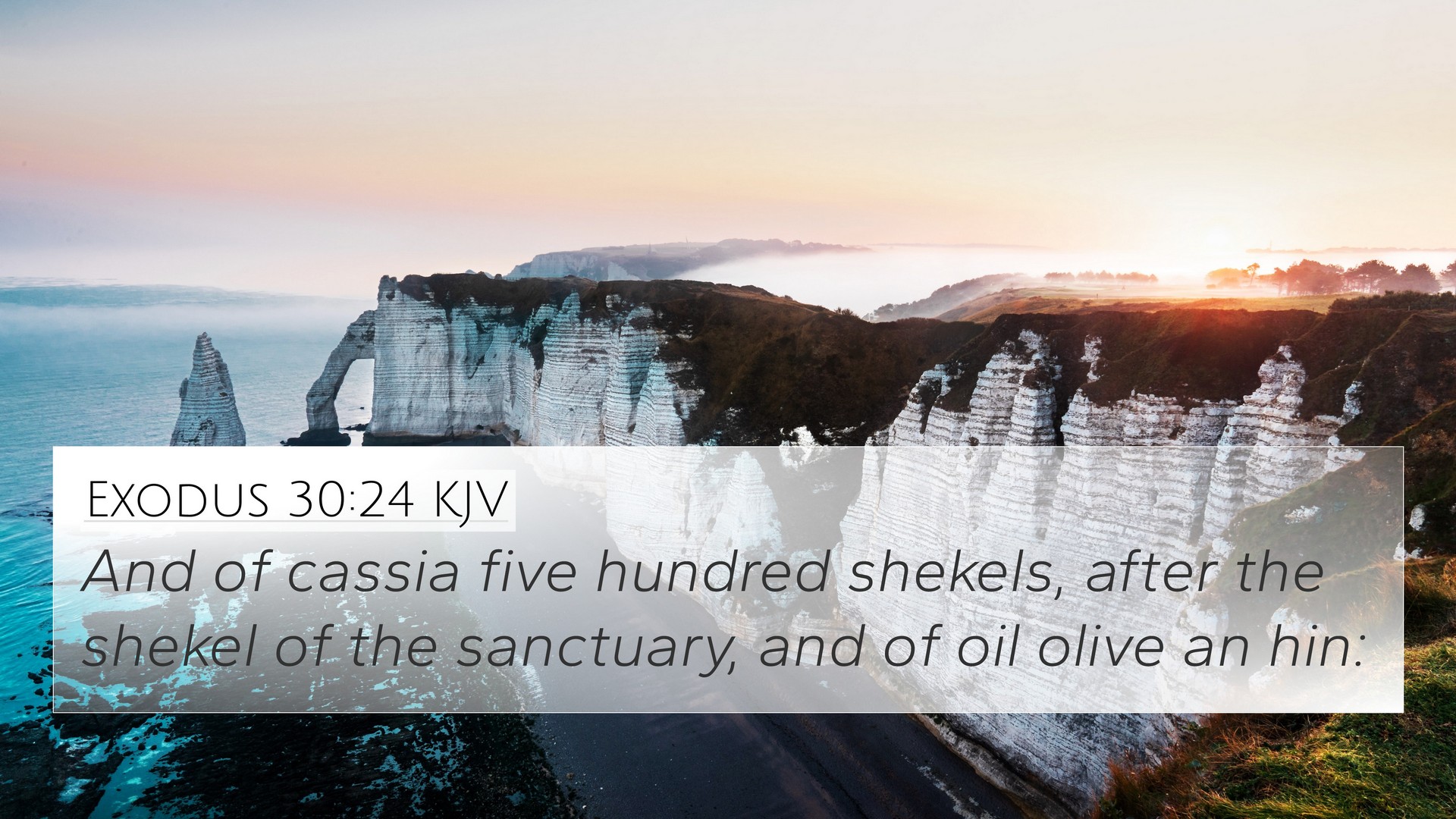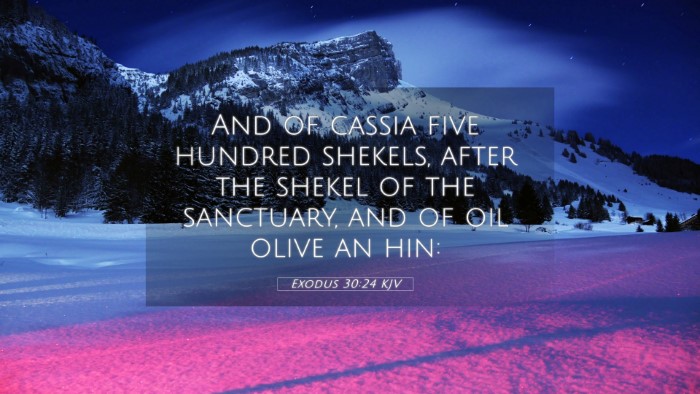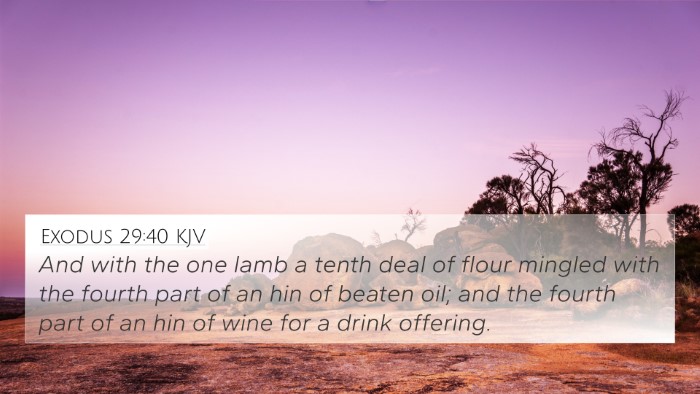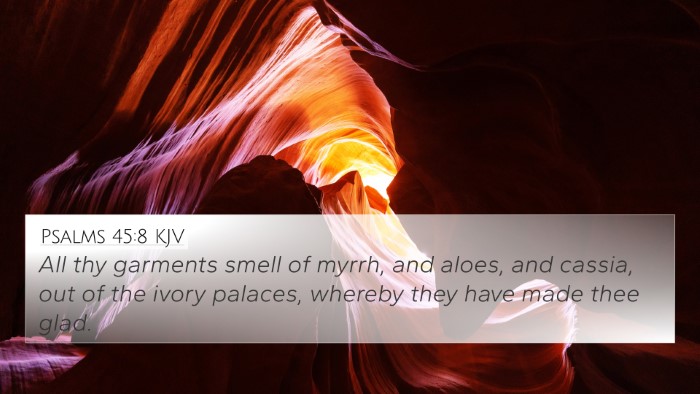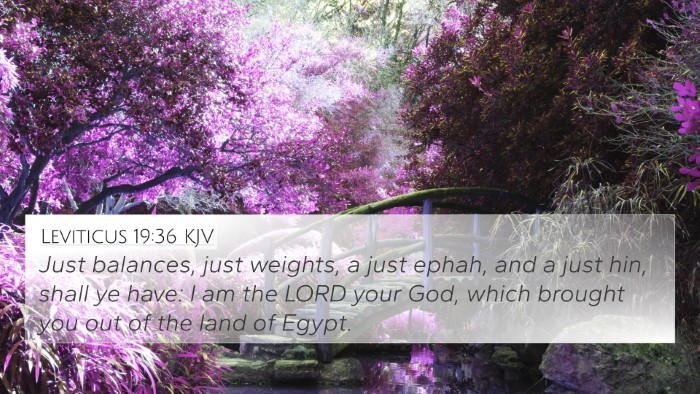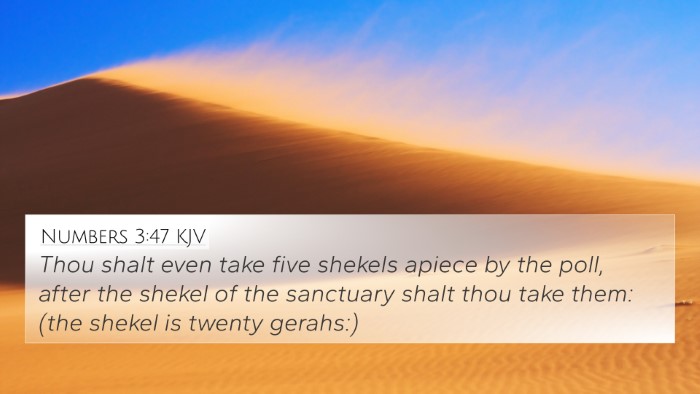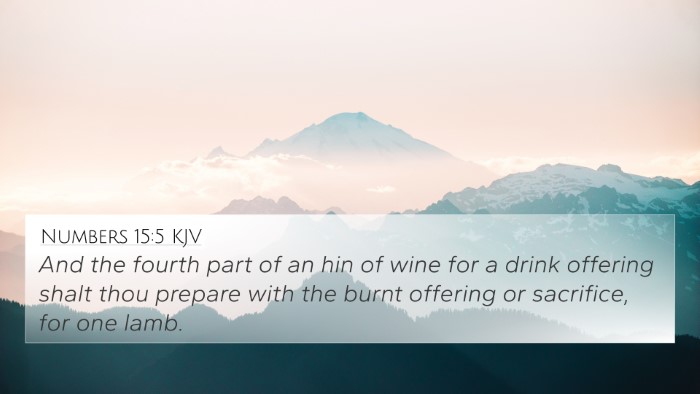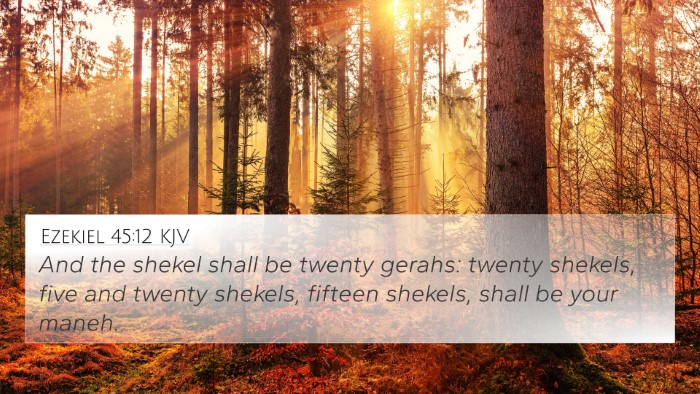Understanding Exodus 30:24
Verse Reference: Exodus 30:24 - "And of cassia five hundred shekels, after the shekel of the sanctuary, and of olive oil an hin." (KJV)
Exodus 30:24 is part of God's instructions to Moses regarding the holy anointing oil, which was to be used in the consecration of the Tabernacle and its furnishings. This verse specifies the inclusion of cassia and olive oil, highlighting the significance of these materials in sacred rituals. Below is a summarized interpretation based on public domain commentaries.
Commentary Insights
Matthew Henry's Commentary
Henry observes that the anointing oil represented the enabling power of the Holy Spirit. The ingredients were not just physical items but symbolized the richness of God's provision and the sanctity required in worship. Cassia, along with other spices, illustrated the value and purity that God desires in the worship that is offered to Him.
Albert Barnes' Notes on the Bible
Barnes notes that each element in the anointing oil had its own significance, with cassia often associated with healing and cleansing. The precise measurements indicate the importance of following God's commandments carefully, ensuring that worship was conducted respectfully and in accordance with divine instruction.
Adam Clarke's Commentary
Clarke elaborates on the cultural significance of olive oil in ancient times, emphasizing its use as a source of nourishment and illumination. The oil represents the presence of God, fulfilling the role of the Holy Spirit in guiding and energizing worshippers.
Thematic Connections
This verse connects deeply with various biblical themes and highlights several significant concepts:
- Holy Anointing: The oil signifies the holiness required in the relationship between God and His people.
- God's Provision: The ingredients reflect God's abundant care and provision for His worship.
- Worship and Ritual: The act of anointing plays a central role in the rituals that God designed for His people, pointing to the seriousness with which worship is to be approached.
Bible Cross References
In understanding Exodus 30:24, several other scriptures come to mind for comparative analysis:
- Exodus 28:41: Discusses the garments that were to be made for the priests, unified by God's instructions for the sacred duties.
- 1 Samuel 16:13: The anointing of David as king, where olive oil symbolizes God's choice.
- Matthew 26:7: The anointing of Jesus by a woman with precious oil, emphasizing the theme of sacred anointing in both the Old and New Testaments.
- James 5:14: The instruction to anoint the sick with oil, relating back to the use of anointing oil as a means of healing and consecration.
- Hebrews 1:9: Refers to Jesus being anointed with the oil of gladness, establishing Him as the fulfillment of Old Testament typology.
- Leviticus 8:10-12: Details the anointing of the Tabernacle and its vessels, drawing parallels to the divine instruction in Exodus.
- 2 Corinthians 1:21-22: Talks about God anointing us, establishing the New Testament understanding of the anointing in the believer's life.
Conclusion
In conclusion, Exodus 30:24 provides rich material for understanding the significance of anointing in the biblical context. Through cross-referencing with related verses, it is evident that the practice of anointing serves as a thread connecting various themes of holiness, divine provision, and the sacred relationship between God and His followers. For those seeking deeper insights, utilizing tools like a bible concordance or a bible cross-reference guide can greatly enhance your study experience.
